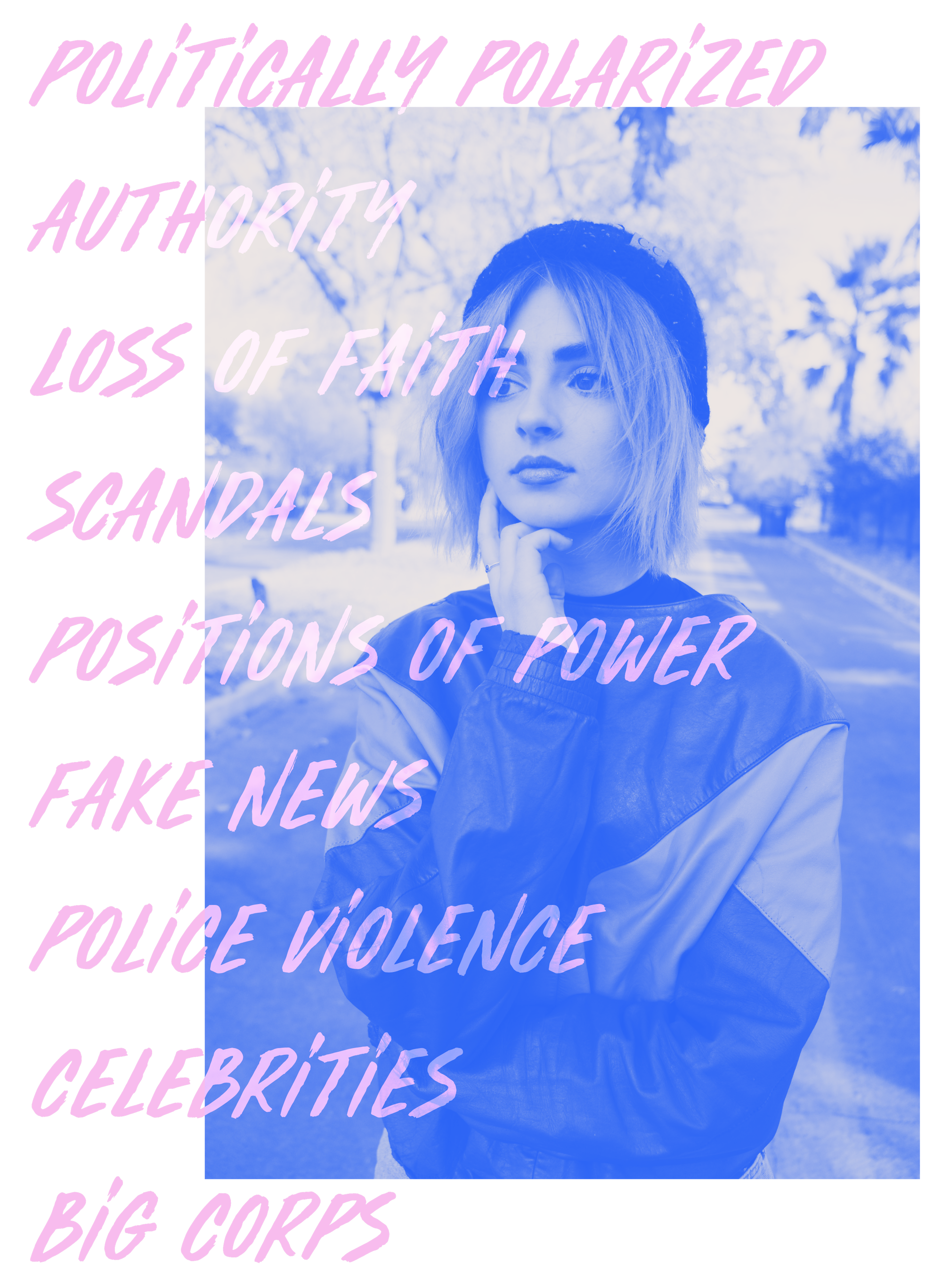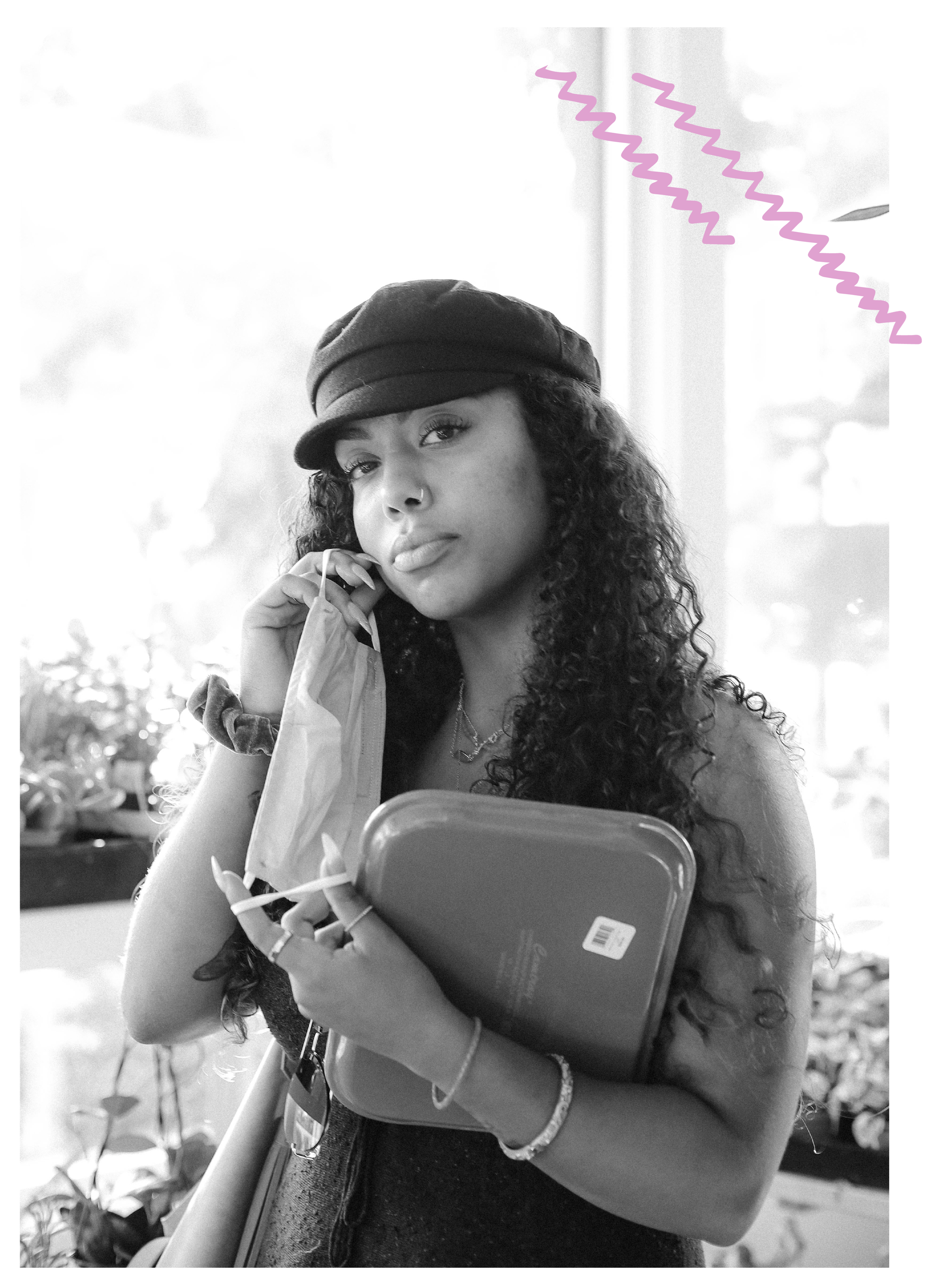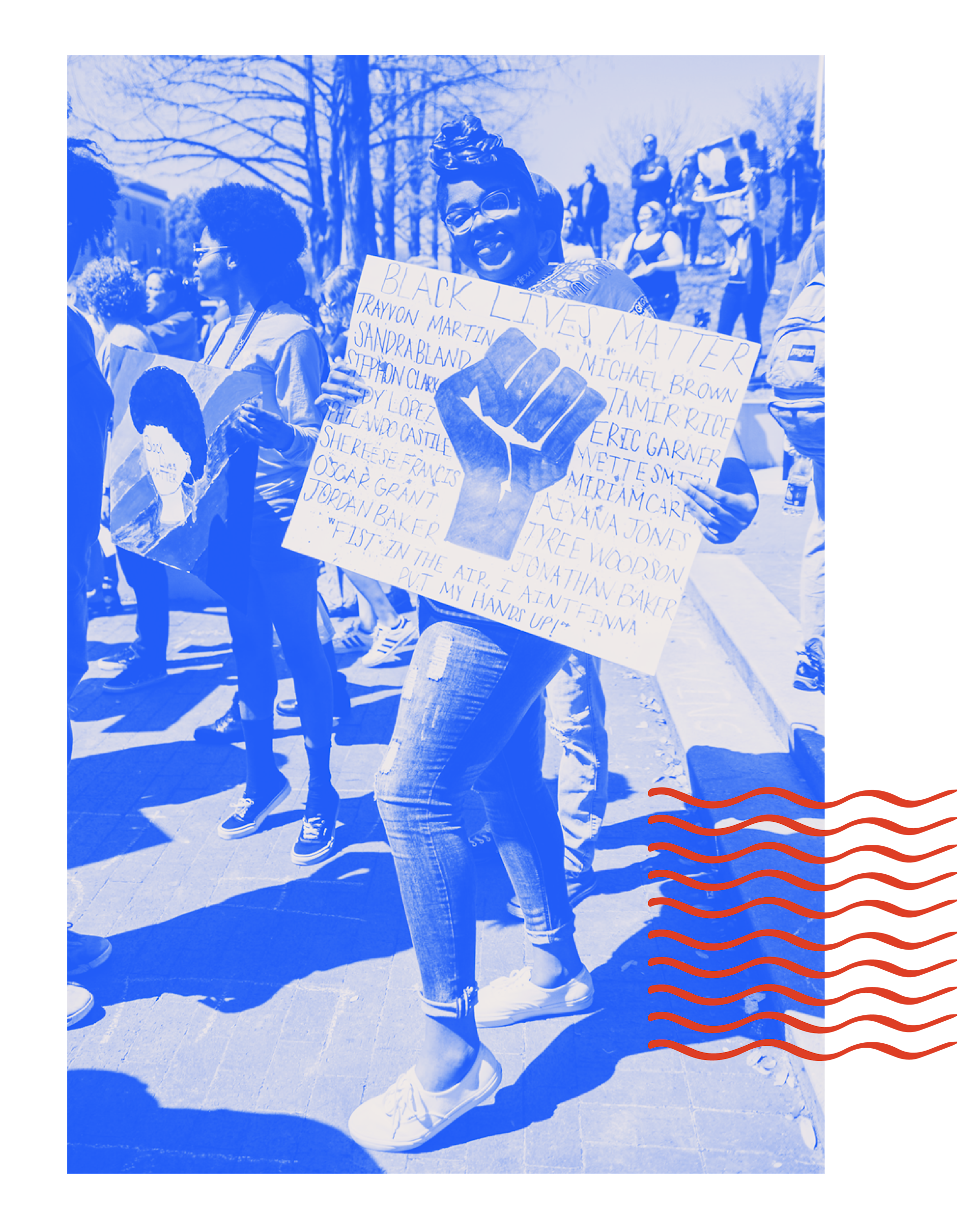
8 Min. Read
The New Trust
Today’s Gen Z consumers are highly skeptical, quick to cancel, and they’re leading a consumer revolution. Forget traditional societal gatekeepers; Gen Zs are reinventing the notions of trust, influence and authority, as they turn to each other above all else.
Bowling Alone
Social trust has been on the decline since the 1960’s. According to Bowling Alone, by political scientist Robert Putnam, America’s early 20th century social fabric was held together by church committees, dinner clubs and — yes — bowling leagues. As those have disappeared over the last five decades, America has become more economically divided, politically polarized and socially fragmented.
As we’ve become more socially disconnected, we’ve become less and less trusting. Only about half of Americans today say they trust their neighbors, and that number drops significantly in urban areas. One in four Americans have no trusted confidante, up from 1 in 10 in 1985. And get this: only 41% of unmarried cohabitating romantic partners say they trust their significant other to be faithful (trust in one’s partner bumps up to 58% after marriage).

Crumbled Pedestals
“I’ve never fully trusted politicians, but the pandemic has significantly decreased my trust even more. They have proven that they have no concern for the well-being of those they were elected to protect,” said Connie, 16. “I definitely don’t trust local governments right now, since they don’t look at science, research and facts,” said Enrique, 24, in Miami, FL. “The pandemic has really changed my views about what news can be trusted.
A lot of misinformation has been spread on social media, which a lot of people my age end up believing,” said America, 16. This trust downturn underscores just how different this pandemic is from national crises of the past; immediately after the September 11th terrorist attacks, for example, trust in the U.S. government was at an all-time high as people came together.
Further fueling the current surge in distrust is the fact that Gen Zs, like the rest of us, have had more downtime to get informed on a whole slew of topics. “The pandemic has served as a period of tragic awareness. Ever since quarantine, I’ve had more time on my hands to dig deep into different leaders, brands, companies and even friends,” said Lizzie, 16.
What they’ve found down these digital rabbit holes has proven both enlightening and enraging — and they’re sharing their findings far and wide. “I went from knowing almost nothing about politics to actively speaking out against our government to my friends and family. I’m now able to formulate clear political views.
I learned more about police brutality and political leaders than I ever have in my whole life.”
—Michelle, 16, in Dallas, TX

Faith No More
Trust has disintegrated even more when it comes to large social institutions. Over the last half-century, Americans have lost faith in the Church (see: sexual abuse scandals), the State (police violence), the Media (fake news), Celebrities (Aunt Becky’s college cheating scandal) and Corporations (from Volkswagen to Cambridge Analytica).
Institutional distrust is especially high among young adults. Gen Zs were raised to be skeptical of those in positions of power. “The government never sat right with me. They’ve hid so much,” said Kaylana, 17, from Houston, TX. Zainab, 16, in Philadelphia, PA, put it succinctly: “I don’t trust any type of authority.”
While one could argue that distaste for authority has been core to teen identity ever since Gen Xers’ grunge days, Pew research found that today’s under-30 crowd are less likely than any previous generation to have faith in elected officials, religious and business leaders, the military or the police. Consider how Watergate eroded institutional trust among Baby Boomers; today, thanks to the Internet, Watergate-level scandals happen daily. It’s little wonder that digital-first Zs are the least trusting generation to date.

Since the pandemic, my trust in the ‘land of the free’ has decreased dramatically.
— Michelle, 16, Dallas, TX
Recent societal shakeups with the coronavirus and protests over racial injustice have further eroded Zs’ faith in institutions and authority figures. Gen Zs tell us they’re feeling a new urgency to reassess where they place their trust and why — and everyone and everything is up for scrutiny. In just two months, from April to June 2020, Gen Zs’ trust in institutions dropped across the board, with significant decreases in their trust of police (-24%), the U.S. government (-17%) and the criminal justice system (-14%), according to a recent Morning Consult survey.

People Like Me
Long gone are the Camelot days of the White House — and Madison Avenue too. When it comes to Gen Zs’ sentiment towards corporate America, institutional distrust runs deep. While more than half (63%) of Boomers say they tend to trust a company until it does something bad, Gen Zs are unlikely to wait around to be disappointed. 42% say they tend not to trust the average American company, and only 20% of Zs say they have at least some trust in corporate America to do the right thing, according to Morning Consult’s 100 Most Trusted Brands study. It’s not just corporate America; 71% of Zs globally agree that if they perceive a brand is putting profit over people, they’ll lose trust in that brand forever, according to Edelman.
Trust impacts the bottom line: 53% of Americans say trust is the second most important factor when purchasing a new brand, second only to price, according to Edelman’s 2020 Brand Trust report. In the same study, six times as many respondents said they would only buy a brand they trust.
While great ads earned brands trust among previous generations, today they can actually be a detriment. Americans’ trust in traditional advertising weighs in at a paltry 16%, according to Edelman. But that doesn’t mean young adults aren’t open to learning new information about products; they’re just looking to sources beyond ads. 60% of Americans say they trust their own personal experiences to inform purchasing, while 61% say they trust a “person like me.” Human beings — with personalities, emotions and, well, souls — are innately more trustworthy than faceless ads (check out “Faces Are The New Logos” in ALMANAC No. 3 for more on this). In our own recent research, we’ve found that Gen Zs are three times more likely to trust a product recommendation from a friend or family member than a traditional ad.

- 78%
- of U.S. consumers say they’ll recommend a brand they trust if someone asks — Edelman Brand Trust Index
- 81%
- of U.S. consumers say personal vulnerability (around health, financial stability, and privacy) is a reason why brand trust has become more important — Edelman Brand Trust Index
- 80%
- of U.S. consumers will continue to buy a brand they trust even if another brand suddenly becomes hot and trendy — Edelman Brand Trust Index

Platform Privilege
Social media influencers have played an important role in delivering trusted product discovery for the last decade — but they too are getting fresh scrutiny post-COVID. The pandemic brought into sharp relief just how out of touch some so-called influential folks really are. Who can forget Gal Gadot’s cringy crowdsourced “Imagine” video, Vanessa Hudgens’ Instagram commentary about “inevitable deaths,” and the infamous maskless parties held by TikTok creators in the Hollywood Hills? As Crystal, 16, put it: “Influencers don’t deserve a platform if they’re setting a bad example.”
We’re not saying influencers or celebrities are cancelled. Quite the opposite: 70% of 13- to 18-year-olds report following an online celebrity during the pandemic, up from 54% in 2019 — and 58% of Zs say they’ve recently purchased something based on celebs’ recommendations, up from 42% last year, according to YPulse. That said, we predict a turning point in influencer norms as Gen Zs rethink the power, privilege and moral obligation that comes with having a large social platform.
It’s embarrassing to see people that you looked up to acting like this pandemic is a joke. When YouTubers and TikTokers with large followings go to big gatherings or don’t wear masks, it’s not cute.
—Rianne, 17
Interestingly, pro athletes are some of the few mainstream celebs who are getting cred from Zs for appropriately meeting the current cultural moment. Years after Colin Kaepernick ostensibly ended his NFL career by taking a knee to protest police brutality, 2020 was the year that basketball, baseball and soccer players brought their pro leagues to a screeching halt through their high-profile labor strikes. Previous generations of athletes “raised awareness”; this generation disrupted the multibillion-dollar sports industrial complex. Many Zs credit athletes with transforming the national discussion around the civic responsibility of public figures.
I’ve lost respect for people that have large online platforms that decided not to spread awareness but to continue living in blind bliss.
—Nowsin, 17
Credibility Over Follower Count
As many pre-pandemic role models struggle to hit the right note, Gen Zs are seeking out new folks to follow online that are trustworthy, reliable, knowledgeable and informed — not just bolstered by large follower counts.
Medical experts, for example, are having their breakout moment, satisfying a growing appetite for credible social media stars. Resident physician Jason Campbell (@drjcofthedc), pediatric nurse Miki Rai (@mikiraiofficial) and OB-GYN Dr. Jennifer Lincoln, have all gone viral for their informative TikToks. “I have more trust for facts, stats and doctors now,” explained Jillian, 25, who recently started following healthcare experts on social media.
This renewed focus on earned credibility goes beyond the healthcare field. 60% of U.S. consumers feel that industry experts are the most credible influencers right now, just behind “people like me” (59%), according to Edelman. Indeed, social media has given rise to industry-specific citizen detectives and watchdogs; the most notable include Diet Prada, which calls out fashion industry missteps; Estee Laundry, which collects receipts on beauty brands; and self-described “food antagonist,” Joe Rosenthal. Samama, 17, says she recently re-curated who she follows on social media to emphasize information over influencer status. “COVID-19 is providing a strong reason for people with a platform to not just speak, but to educate and inform,“ she said.
Zs don’t expect everyone to be an expert on everything; action also inspires credibility. Miracle, 18, said her trust has increased in celebrities that donated money to coronavirus relief funds, calling out the efforts of Niall Horan and Harry Styles specifically. Ishita, 17, in Allen, TX acknowledged the COVID-19 relief efforts of Ariana Grande, Hollister and PacSun. “They’ve actively promoted safety and precautionary measures amidst the pandemic. Individuals and groups such as these restore my faith in our ability to collectively respond to this outbreak.”
What It Means
- Trust isn’t something to expect from consumers; it must be earned. Moral leadership and honesty will go far with skeptical Zs. On the flip side, brands that lie or tell half-truths should expect to be quickly exposed.
- A large social platform now comes with a great deal of responsibility. Gen Zs want to see corporations, brands, influencers and celebrities be a force for social good. Bettering the world is now the cost of being well-known.
- Brands should consider partnering with credible experts, employees, online influencers and more, to circulate the trusted info young consumers crave. Rethink media and marketing budgets to prioritize sources where trust occurs organically.
- Consider how to own “truth” in your category. Whether your brand operates in outdoor, fast fashion or comfort food, be the most trustworthy voice on the topic.
- Know where you stand when it comes to trustworthiness. Consider doing a trust audit to understand how consumers see you on issues ranging from reliability and transparency, to health and sanitation.


